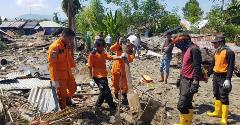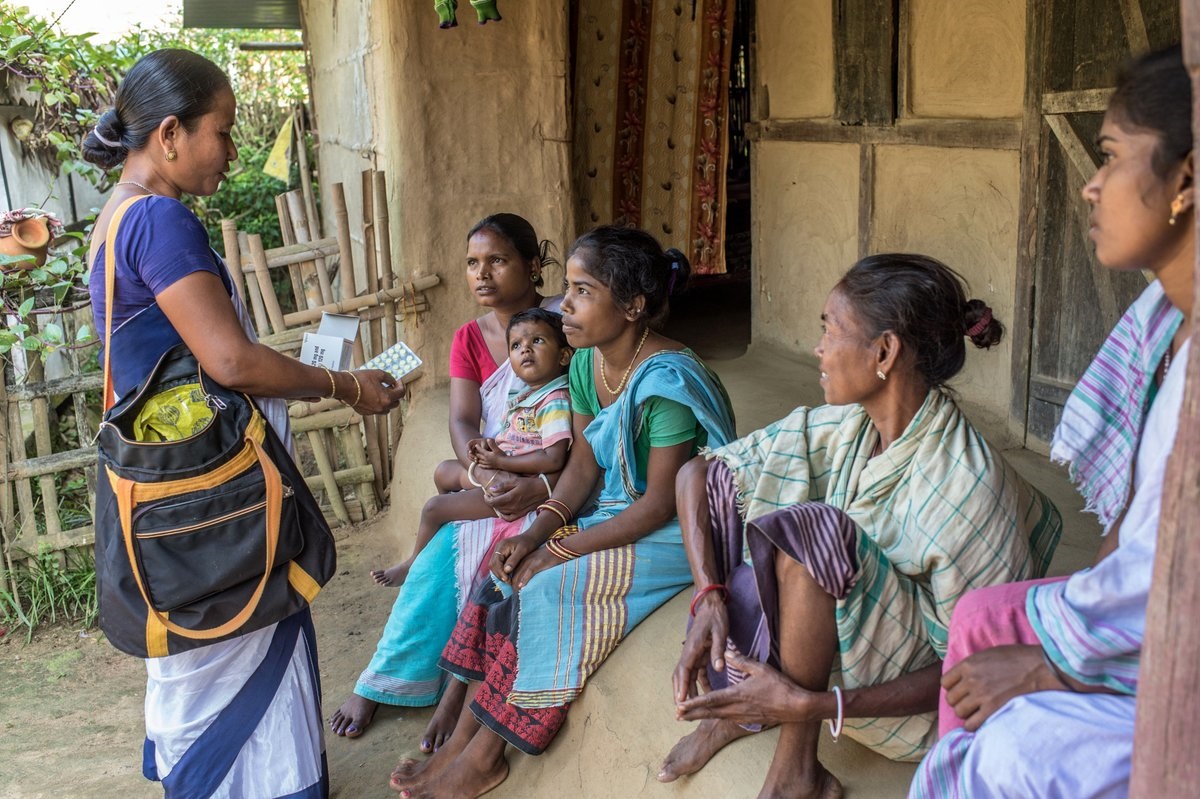
Health services in the South-East Asia
A range of person-centred, equitably accessible health services of adequate quality that span the care continuum from promotion and prevention to screening, treatment, rehabilitation and palliation to meet population health needs are core to universal health coverage (UHC), a target to which all countries have committed as part of the 2030 Agenda for Sustainable Development.
All countries in the South-East Asia Region have increased essential service coverage, as measured by the essential service coverage index, one of the two agreed Sustainable Development Goal indicators for UHC monitoring. The regional essential service coverage average has risen from 46% in 2010 to around 62% in 2019. However, projections suggest that – at best –only five Member States may reach more than 80% coverage by 2030 unless there is significant acceleration.
In addition, there are fewer examples of reduced inequalities in coverage by income, mother’s education level or geographical location. This means that, despite decades of effort, many are still being left behind. There is also little information on coverage for vulnerable groups such as migrants, the urban poor or those from ethnic minority groups.
Countries already have a wide range of approaches to organizing, staffing, managing and paying for health services. They are also beginning to critically re-examine and adjust existing service delivery models to respond to the rapidly changing epidemiological and demographic context. These changes are needed, but not necessarily easy to introduce.
A fresh look is needed at ways to expand the delivery of more integrated and person-centered continuing care over time and across levels of care, to respond to the rise in chronic health conditions (often multiple), rapid population ageing, urbanization and fragmentation of care. It is also critical to improve the quality and safety of health services, in light of increasing public expectations as well as weak trust and low use of services.
Technical links







